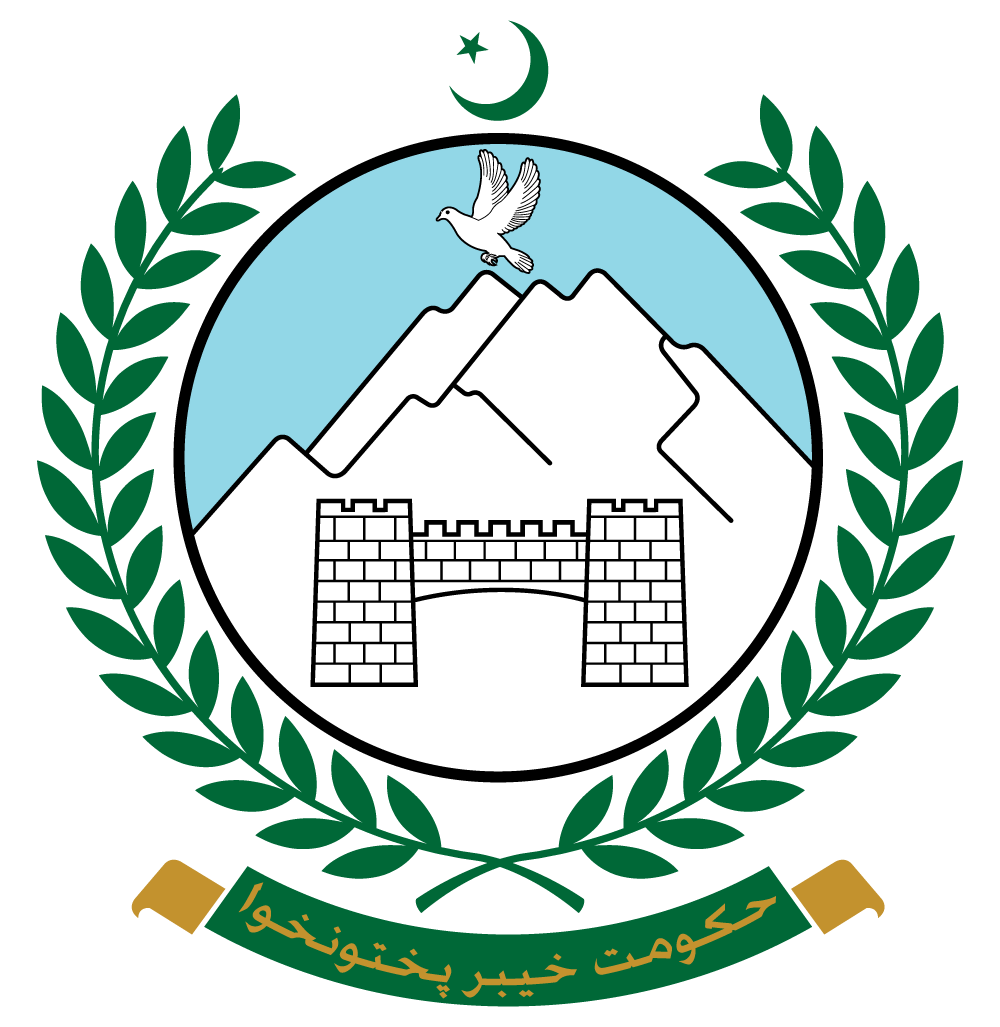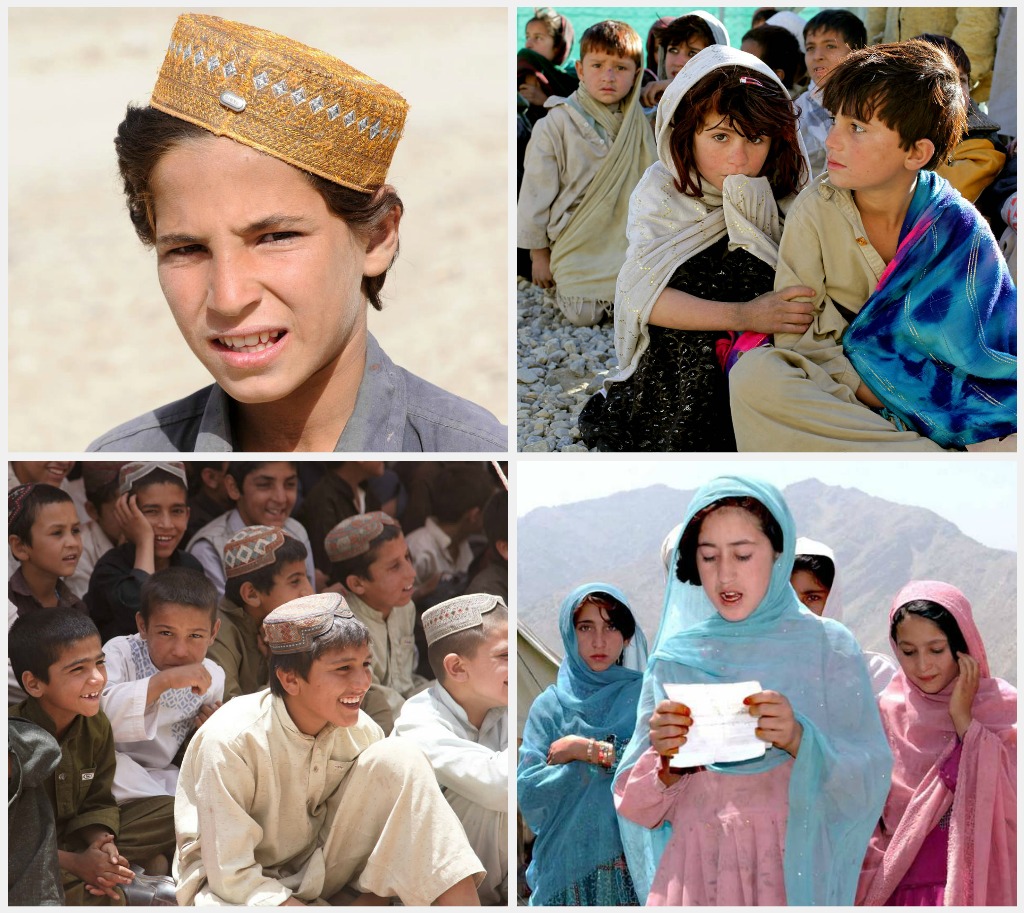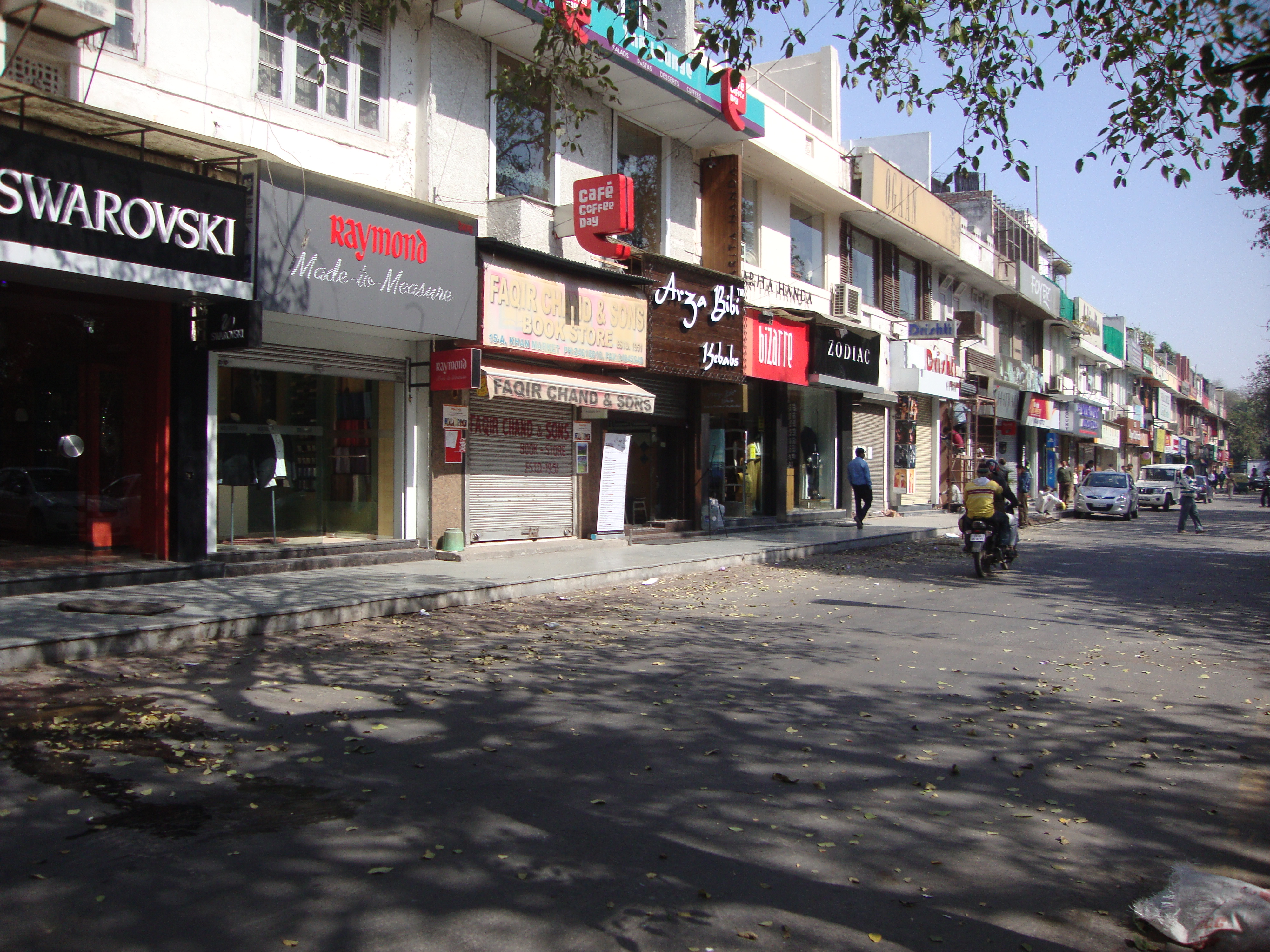|
Babrra Massacre
The Babrra Massacre (or Babara Massacre; ) was a mass shooting by state police on 12 August 1948 in the North-West Frontier Province (NWFP) of Pakistan (now called as Khyber Pakhtunkhwa). According to official figures, around 15 protestors were killed while around 40 were injured. However, Khudai Khidmatgar sources maintained that around 150 were killed and 400 were injured. It happened on Babrra ground in Charsadda District on the order of the chief minister of the NWFP, Abdul Qayyum Khan Kashmiri (not to be confused with Sahibzada Abdul Qayyum Khan, NWFP's first chief minister during the British Raj).M. Rafique Afzal (2002). ''Pakistan: History and Politics, 1947–1971''. p. 38 OUP Pakistan. . Background The Khudai Khidmatgar was a non-violent peaceful Pashtun movement which was led by Abdul Ghaffar Khan (Bacha Khan), a leader in the Indian Independence Movement. The movement was initially focused on reform to the status of the Pashtuns under the British Raj and later focu ... [...More Info...] [...Related Items...] OR: [Wikipedia] [Google] [Baidu] |
Hashtnagar
Hashtnagar (, more commonly known as اشنغر in Pashto) is one of the two constituent parts of the Charsadda District in Khyber Pakhtunkhwa. The name Hashtnagar is derived from the Sanskrit अष्टनगरम् ''Aṣṭanagaram'', "eight towns", from Sanskrit ''aṣṭa'', "eight" and नगर ''nagara'', "settlement, locality, town". There was an unrelated town of the same name near Kabul in the 17th century. It was home to the Roshani Movement. The descriptive was later influenced by the Persian هشت ''hasht'', "eight". The etymology "Eight Towns", refers to the eight major settlements situated in this region. These are: * Chārsadda, Hashtnagar Muhammadzai and Kheshgi">Muhammadzai_(Hashtnagar).html" ;"title="nowiki/>Muhammadzai (Hashtnagar)">Muhammadzai and Kheshgi] *Prang, Khyber Pakhtunkhwa, Prang (the 1812 list groups Prang with Chārsadda) *Rajjar, Chārsadda *Sherpao, Chārsadda *Tangi, Pakistan, Tangi, Chārsadda *Turangzai, Chārsadda * Umarzai, Chārsad ... [...More Info...] [...Related Items...] OR: [Wikipedia] [Google] [Baidu] |
British Raj
The British Raj ( ; from Hindustani language, Hindustani , 'reign', 'rule' or 'government') was the colonial rule of the British The Crown, Crown on the Indian subcontinent, * * lasting from 1858 to 1947. * * It is also called Crown rule in India, * * * * or direct rule in India. * Quote: "Mill, who was himself employed by the British East India company from the age of seventeen until the British government assumed direct rule over India in 1858." * * The region under British control was commonly called India in contemporaneous usage and included areas directly administered by the United Kingdom of Great Britain and Ireland, United Kingdom, which were collectively called ''Presidencies and provinces of British India, British India'', and areas ruled by indigenous rulers, but under British British paramountcy, paramountcy, called the princely states. The region was sometimes called the Indian Empire, though not officially. As ''India'', it was a founding member of th ... [...More Info...] [...Related Items...] OR: [Wikipedia] [Google] [Baidu] |
Governor-General Of Pakistan
The governor-general of Pakistan () was the Political representation, representative of the Monarchy of Pakistan, Pakistani monarch in the Dominion of Pakistan, established by the Indian Independence Act 1947. The office of governor-general was abolished when Pakistan became an Pakistan, Islamic republic in 1956. Constitutional role In the first years after its independence, Pakistan was one of the Commonwealth realm, realms of the Commonwealth of Nations that shared the same person as sovereign and head of state. The Pakistani monarch was represented in the dominion by the governor-general of Pakistan, whom the monarch appointed on the advice of the Pakistani government. The Pakistani monarch and the Federal Legislature of Pakistan constituted the Parliament of Pakistan. All executive powers of Pakistan rested with the sovereign. All laws in Pakistan were enacted only with royal assent, granted by the governor-general on behalf of the sovereign. The governor-general was also r ... [...More Info...] [...Related Items...] OR: [Wikipedia] [Google] [Baidu] |
Muhammad Ali Jinnah
Muhammad Ali Jinnah (born Mahomedali Jinnahbhai; 25 December 187611 September 1948) was a barrister, politician, and the founder of Pakistan. Jinnah served as the leader of the All-India Muslim League from 1913 until the inception of Pakistan on 14 August 1947 and then as Pakistan's first governor-general until his death. Born at Wazir Mansion in Karachi, Jinnah was trained as a barrister at Lincoln's Inn in London, England. Upon his return to India, he enrolled at the Bombay High Court, and took an interest in national politics, which eventually replaced his legal practice. Jinnah rose to prominence in the Indian National Congress in the first two decades of the 20th century. In these early years of his political career, Jinnah advocated Hindu–Muslim unity, helping to shape the 1916 Lucknow Pact between the Congress and the All-India Muslim League, in which Jinnah had also become prominent. Jinnah became a key leader in the All-India Home Rule League, and propose ... [...More Info...] [...Related Items...] OR: [Wikipedia] [Google] [Baidu] |
Government Of Khyber Pakhtunkhwa
The Government of Khyber Pakhtunkhwa (; ), is the provincial government of the Administrative units of Pakistan, Pakistani province of Khyber Pakhtunkhwa. Its powers and structure are set out in the provisions of the Constitution of Pakistan, 1973 Constitution, in which Districts of Pakistan#Khyber Pakhtunkhwa, 32 districts come under its authority and jurisdiction. The government includes the cabinet, selected from members the Khyber Pakhtunkhwa Assembly, and the non-political civil staff within each department. The province is governed by a unicameral legislature with the head of government known as the Chief Minister of Khyber Pakhtunkhwa, Chief Minister. The Chief Minister, invariably the leader of a political party represented in the Assembly, selects members of the Cabinet. The Chief Minister and Cabinet are thus responsible the functioning of government and are entitled to remain in office so long as it maintains the confidence of the elected Assembly. The head of the prov ... [...More Info...] [...Related Items...] OR: [Wikipedia] [Google] [Baidu] |
1947 North-West Frontier Province Referendum
The North-West Frontier Province referendum () was held in July 1947 to decide whether the North-West Frontier Province of British India would join the Dominion of India or Pakistan upon the Partition of India. The polling began on 6 July and the results were made public on 20 July. Out of the total population of 4 million in the NWFP, only 572,798 were eligible to vote, of whom only 51.00% voted in the referendum. 289,244 (99.02%) of the votes were cast in favor of Pakistan and only 2,874 (0.98%) in favor of India. The NWFP Chief Minister Khan Abdul Jabbar Khan (Dr. Khan Sahib), his brother Abdul Ghaffar Khan, and the Khudai Khidmatgars boycotted the referendum, citing that it did not have the options of the NWFP becoming independent or joining Afghanistan. Their appeal for boycott had an effect, as according to an estimate, the total turnout for the referendum was 15% lower than the total turnout in the 1946 elections. Background On 20 February 1947, Mountbatten was charg ... [...More Info...] [...Related Items...] OR: [Wikipedia] [Google] [Baidu] |
Dominion Of Pakistan
The Dominion of Pakistan, officially Pakistan, was an independent federal dominion in the British Commonwealth of Nations, which existed from 14 August 1947 to Pakistan Day, 23 March 1956. It was created by the passing of the Indian Independence Act 1947 by the Parliament of the United Kingdom, British parliament, which also created an independent Dominion of India. The new dominion consisted of those presidencies and provinces of British India which were allocated to it in the Partition of India. Until 1947, these regions had been ruled by the United Kingdom as a part of the British Empire. Its status as a federal dominion within the British Empire ended in 1956 with the completion of the Constitution of Pakistan of 1956, Constitution of Pakistan, which established the country as a republic. The constitution also administratively split the nation into West Pakistan and East Pakistan. Until then, these provinces had been governed as a singular entity, despite being separate geog ... [...More Info...] [...Related Items...] OR: [Wikipedia] [Google] [Baidu] |
Pashtunistan
Pashtunistan () or Pakhtunistan is a historical region on the crossroads of Central and South Asia, located on the Iranian Plateau, inhabited by the Pashtun people of southern and eastern Afghanistan and northwestern Pakistan, wherein Pashtun culture, the Pashto language, and identity have been based. Alternative names historically used for the region include Pashtūnkhwā or Pakhtūnkhwā (), Pathānistān, or simply the Pashtun Belt. During British rule in India in 1893, Mortimer Durand drew the Durand Line, fixing the limits of the spheres of influence between the Emirate of Afghanistan and British India during the Great Game and leaving about half of historical Pashtun territory under British colonial rule; after the partition of British India, the Durand Line now forms the internationally recognized border between Afghanistan and Pakistan. The traditional Pashtun homeland stretches roughly from the areas south of the Amu River in Afghanistan to the areas west of the Indus ... [...More Info...] [...Related Items...] OR: [Wikipedia] [Google] [Baidu] |
Bannu Resolution
The Bannu Resolution (), or the Pashtunistan Resolution (), was a formal political statement adopted by Pashtun tribesmen who had wanted an independent Pashtun state on 21 June 1947 in Bannu in the North-West Frontier Province (NEFP) of British India (in present-day Khyber Pakhtunkhwa, Pakistan). The resolution demanded the British to offer the option of independence for Pashtunistan, comprising all Pashtun territories in British India, rather than choosing between the independent dominions of India and Pakistan. The British, however, declined the demand and the NWFP was joined with Pakistan on basis of the result of July 1947 NWFP Referendum. In response, the then Chief Minister of NWFP Khan Abdul Jabbar Khan (Dr Khan Sahib), his younger brother Khan Abdul Ghaffarar Khan (Bacha Khan) and the Khudai Khidmatgars, as well as some Pashtun tribes of NWFP boycotted the referendum, citing that it did not offer the options of the NWFP becoming independent or joining Afghanistan. ... [...More Info...] [...Related Items...] OR: [Wikipedia] [Google] [Baidu] |
1946 Indian Provincial Elections
Provincial elections were held in British India in January 1946 to elect members of the legislative councils of the Indian provinces. The Congress, in a repeat of the 1937 elections, won (90%) of the general non-Muslim seats while the Muslim League won the majority of Muslim seats (87%) in the provinces. Voting in this election was restricted on property-owning qualifications. The All India Muslim League verified its claim to be the sole representative of Muslim India. The election laid the path to Pakistan. Background On 19 September 1945, following negotiations between Indian leaders and members of the 1946 Cabinet Mission to India from the United Kingdom, the Viceroy Lord Wavell announced that elections to the provincial and central legislatures would be held in December 1945 to January 1946. It was also announced that an executive council would be formed and a constitution-making body would be convened after these elections. These elections were important as the provin ... [...More Info...] [...Related Items...] OR: [Wikipedia] [Google] [Baidu] |
Khan Abdul Jabbar Khan
Abdul Jabbar Khan () (born 1883, Utmanzai, Charsadda – 9 May 1958, Lahore), popularly known as Dr. Khan Sahib (), was a pioneer in the Indian Independence Movement and later, a Pakistani politician. He was the elder brother of the Pashtun activist Abdul Ghaffar Khan, both of whom opposed the partition of India. Upon independence, he pledged his allegiance to Pakistan and later served as the First Chief Minister of West Pakistan. As the Chief Minister of the North-West Frontier Province, Dr Khan Sahib along with his brother Abdul Ghaffar Khan and the Khudai Khidmatgars boycotted the July 1947 NWFP referendum about the province joining India or Pakistan after the partition of India, citing that the referendum did not have the options of the NWFP becoming independent or joining Afghanistan. Upon independence and establishment of Pakistan, Khan Sahib joined the national politics and was later elected the first Chief Minister of West Pakistan. Early life He was born in ... [...More Info...] [...Related Items...] OR: [Wikipedia] [Google] [Baidu] |
Indian National Congress
The Indian National Congress (INC), colloquially the Congress Party, or simply the Congress, is a political parties in India, political party in India with deep roots in most regions of India. Founded on 28 December 1885, it was the first modern Nationalism, nationalist movement to emerge in the British Empire in Asia and Africa. From the late 19th century, and especially after 1920, under the leadership of Mahatma Gandhi, the Congress became the principal leader of the Indian independence movement. The Congress led India to independence from the United Kingdom, and significantly influenced other Decolonization, anti-colonial nationalist movements in the British Empire. The INC is a "big tent" party that has been described as sitting on the Centrism, centre of the Indian politics, Indian political spectrum. The party held its first session in 1885 in Mumbai, Bombay where Womesh Chunder Bonnerjee, W.C. Bonnerjee presided over it. After Indian independence in 1947, Congress eme ... [...More Info...] [...Related Items...] OR: [Wikipedia] [Google] [Baidu] |






